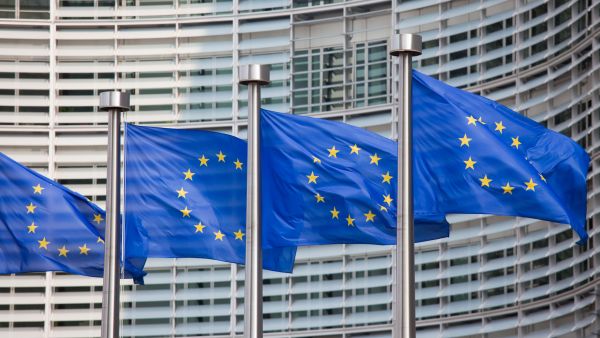Looking back over the last 15 years, for example, Romania was one of the countries which caught up fastest with its EU peers. In 1999, Romania was at around 26% of the EU 27 average in terms of GDP per capita (at purchasing power parity). Now, it is at some 47%, which means a healthy 20% narrowing of the gap. With support from important inflows of EU funds, and with coherent policies at home and at European level, we have all the reasons to believe that the catching up process will continue. This means increased prosperity for the people and healthy returns for investors.
There are investment opportunities virtually everywhere, but I would bet mostly on high value added industries, such as IT&C. But agriculture should not be overlooked either, nor should be infrastructure, where the process of convergence requires substantial investment. In terms of main challenges, the principal one is governance, as it shows up in all the surveys. To address it, we have to work on ensuring that public sector institutions function better and that processes such as the formulation and execution of the national budget allocate public resources in an efficient manner and that they support the development of the private sector.
But these things take time
The energy sector has an immense potential in Romania, and can become a driver of long-term robust and sustainable economic growth, which unfortunately it is not the case now, as many energy companies generate very low value added, if any. The sector needs substantial investments -- more than Euro 30 billion over the next 10-15 years, as many current generation facilities are old and obsolete and need to be replaced, and as economic growth and development will require more and more energy. These investments can only be provided by the private sector. But the private sector comes in, especially as energy projects are long term projects, if there is a coherent policy framework in place.
A coherent framework in place means: a vision or strategy about how the sector would look over the medium and long term, with clearly identified projects to invest into; clear rules supportive of investment and applicable without discrimination to all players; and market liberalization so that the investors recover their investment within a reasonable time frame. If these things happen, there will be for sure interest in the sector from major global players, including from the banking sector.
Reforms take time
From a fiscal discipline perspective, things look good for Romania, which has one of the lowest fiscal deficits and public debt levels in the European Union. Actually, there are few countries in Europe which look this good, in the context of the crisis. Where we should do better is to collect more budget revenue, including from lower taxation, which is clearly possible, and to spend the public resources more efficiently. We can collect more revenue by improving tax administration and increasing compliance rates for the main taxes - VAT, social contributions, excise duties, etc. Examples from Bulgaria show that this can be done: better collection through better tax administration allowed Bulgaria to increase revenue by up to 6% of GDP and lowering the main taxes at the same time, such as the corporate and personal income taxes. A similar reform is certainly possible in Romania, and the government is moving in this direction. But, again, it will take several years to see substantial improvements. The first important thing is to start.

































